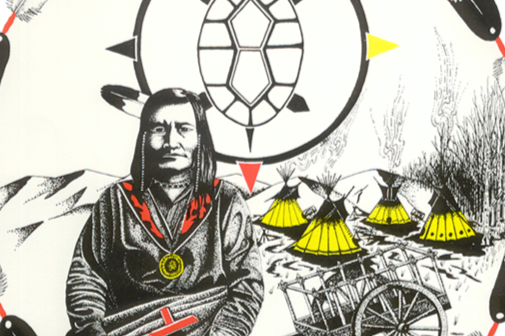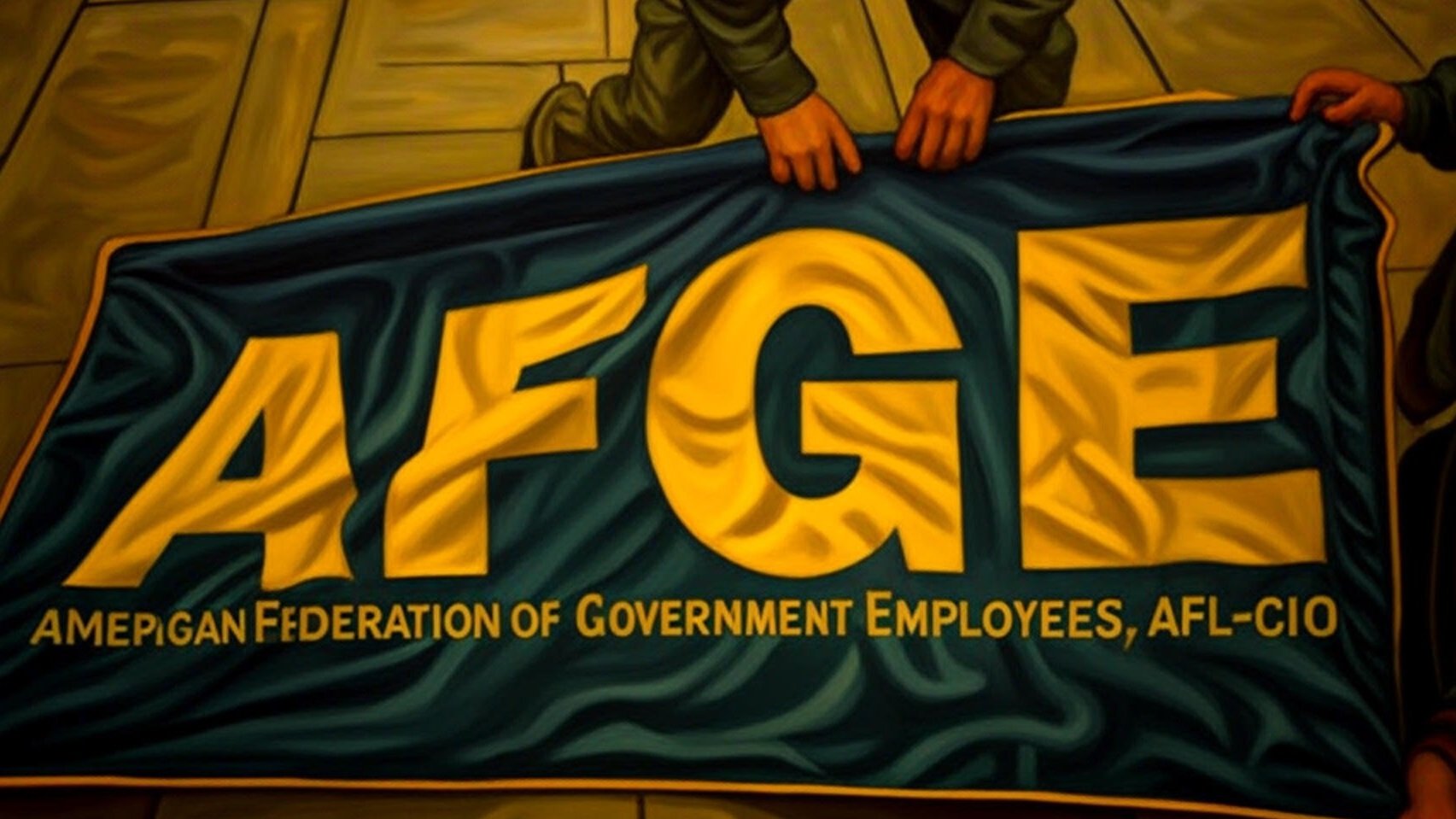Supreme Court Steps In to Preserve Private Lawsuits Under Voting Rights Act
The Supreme Court has temporarily shielded the Voting Rights Act (VRA) from a lower court ruling that threatened to gut a key enforcement provision of the landmark civil rights law. In a brief order, the justices paused a decision from the U.S. Court of Appeals for the 8th Circuit that would have barred private individuals and organizations from suing under Section 2 of the Act, which prohibits racial discrimination in voting.
The case at the heart of this legal battle originated in North Dakota, where two Native American tribes and several voters challenged the state’s 2021 legislative map, arguing it diluted the voting power of Native American citizens. A federal judge agreed, ordering a new map. However, the 8th Circuit not only reversed this decision but went a step further, declaring that only the U.S. Attorney General has the authority to bring such lawsuits.
For decades, the VRA has been primarily enforced by those directly affected by discriminatory voting laws. The 8th Circuit’s ruling, if allowed to stand, would have upended this long-standing practice, creating a situation where minority voters would have rights on paper but little practical power to defend them in court. The enforcement of the VRA would become dependent on the political will of the current administration's Department of Justice.
In their request for a stay, the plaintiffs argued that such a radical change to the law would leave them and other minority voters without a meaningful remedy against discrimination. The Supreme Court’s decision to grant the stay provides a temporary reprieve, allowing the plaintiffs to file a formal appeal. The pause will remain in effect until the high court decides whether to take up the case and, if it does, until a final ruling is issued.
Justices Thomas, Alito, and Gorsuch indicated they would have denied the stay, allowing the 8th Circuit's ruling to take effect immediately. The Supreme Court's intervention now sets the stage for a potentially landmark decision that will determine the future of voting rights litigation in the United States.










In a significant policy shift, federal prosecutors in the District of Columbia have been directed to stop bringing felony charges against individuals solely for carrying rifles or shotguns. The new directive, confirmed by U.S. Attorney for D.C. Jeanine Pirro, stems from a Justice Department determination that the city's longstanding ban on the public carry of long guns is unconstitutional in light of recent Supreme Court precedent.